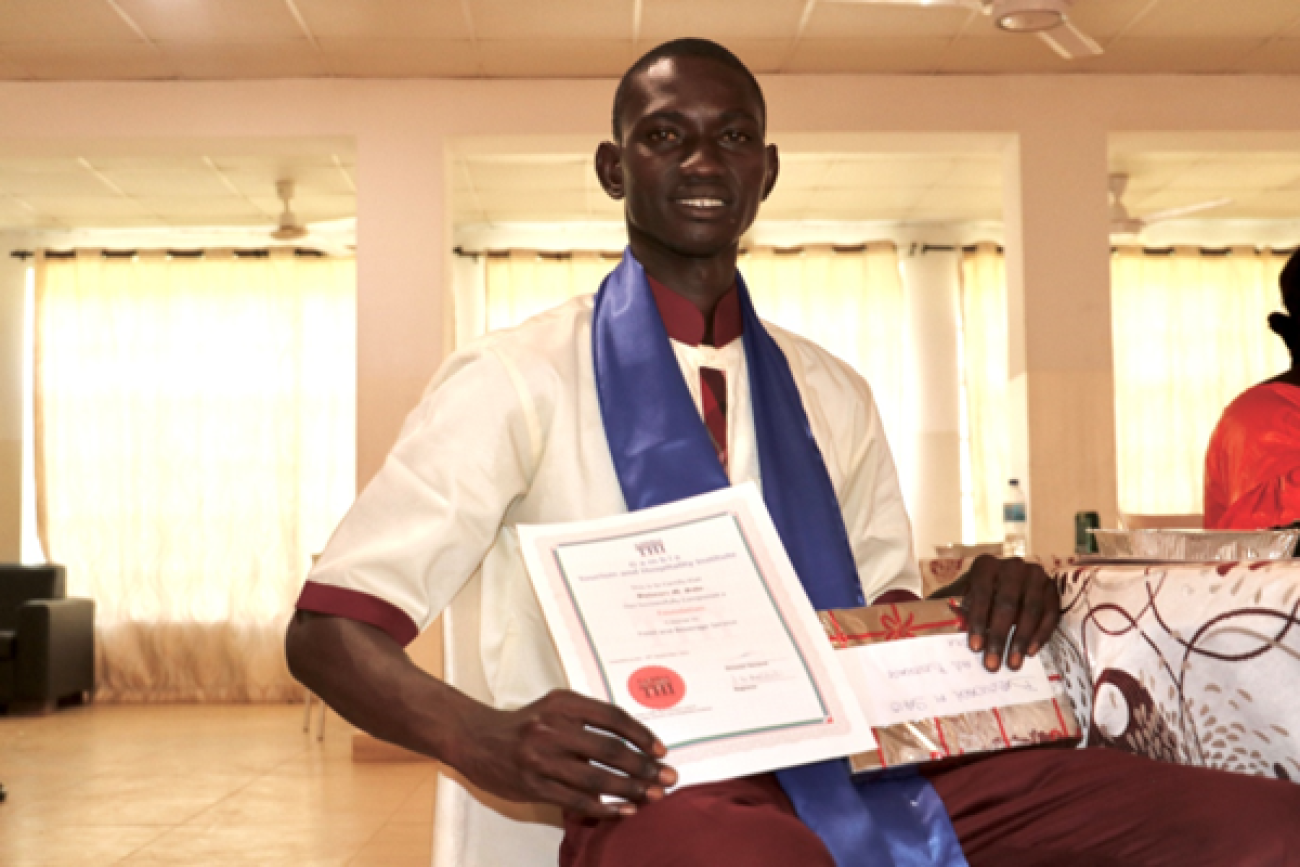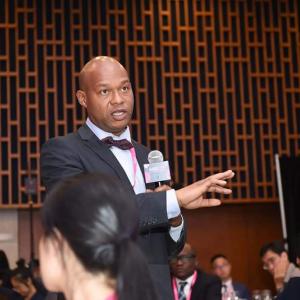From Migrant to Chef: Baboucar's Journey of Transformation
The aroma of spices filled the air as Baboucar Saho, 24, expertly flipped a sizzling pan in the bustling kitchen of Banjul's premier restaurant. Just three years ago, this scene would have been unimaginable for the young man from Barra, a small ferry town on the north bank of the River Gambia.
"I used to watch the ferries come and go, dreaming of escaping to a better life," Baboucar recalls, his eyes distant. "In Barra, opportunities were as scarce as rain in the dry season."
In 2020, at the age of 21, Baboucar made a decision that nearly cost him everything. Joining the wave of young Gambians seeking opportunities abroad, he embarked on the perilous "backway" journey to Europe.
"The journey was a nightmare," Baboucar shudders, his voice dropping. "We were packed into a small boat like sardines, the sea threatening to swallow us whole. When the Libyan coast guard intercepted us, I felt both relief and despair."
Returned to The Gambia with nothing but the clothes on his back, Baboucar found himself at a crossroads. It was then that he encountered the International Organization for Migration (IOM).
"I was broken, ashamed to face my family," Baboucar admits. "But the IOM staff treated me with dignity. They listened to my story without judgment and told me about opportunities I never knew existed."
The IOM, recognizing Baboucar's potential, connected him with the Youth Empowerment Project (YEP), a joint initiative of the International Trade Centre (ITC) and the Gambian government. YEP offers vocational training scholarships to young Gambians, aiming to address the root causes of irregular migration.
Fatou Mbenga, YEP Program Coordinator, explains, "Our goal is to show young Gambians that they can build successful lives right here at home. By partnering with IOM, we can reach returnees like Baboucar who need support to reintegrate and thrive."
For Baboucar, the YEP scholarship was a lifeline. He enrolled in a rigorous 18-month chef training program, discovering a passion he never knew he had.
"The first time I created a perfect Benachin [a traditional Gambian dish], I felt a sense of pride I'd never experienced before," Baboucar grins. "I realized I could create something beautiful, something that brought joy to others."
Baboucar's dedication paid off. He graduated top of his class in December 2022 and quickly secured an internship at one of Banjul's top restaurants. His supervisor, Chef Isatou Ceesay, is impressed: "Baboucar's drive is exceptional. He's not just learning; he's innovating, blending traditional Gambian flavors with modern techniques."
The impact of the YEP program extends beyond Baboucar's professional success. "I'm able to send money home to my family now," he says proudly. "And I'm saving to open my own restaurant someday, where I can train other young Gambians."
Baboucar's transformation reflects the broader changes happening in The Gambia. Since 2017, YEP has provided vocational training to over 2,500 young Gambians, with a 70% employment rate among graduates. The program has also contributed to a 20% decrease in irregular migration attempts from the country since 2019.
As the sun sets over Banjul, casting a golden glow through the restaurant windows, Baboucar reflects on his journey. "Three years ago, I thought I had to leave The Gambia to find success. Now I know that with the right support and opportunities, we can build a brighter future right here at home."
He pauses, then adds with a smile, "My next goal? To create a signature dish that puts Gambian cuisine on the world map. Who knows? Maybe one day, people will be coming to The Gambia just to taste my cooking!"
Baboucar's story is a powerful testament to the impact of collaborative UN interventions. By addressing the complex challenges facing Gambian youth through holistic, partnership-based approaches, programs like YEP are not just changing individual lives – they're helping to shape a more prosperous and stable future for the entire nation.






